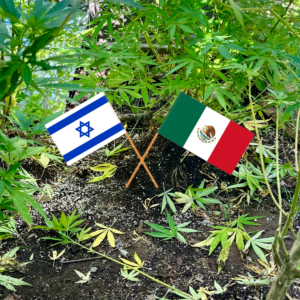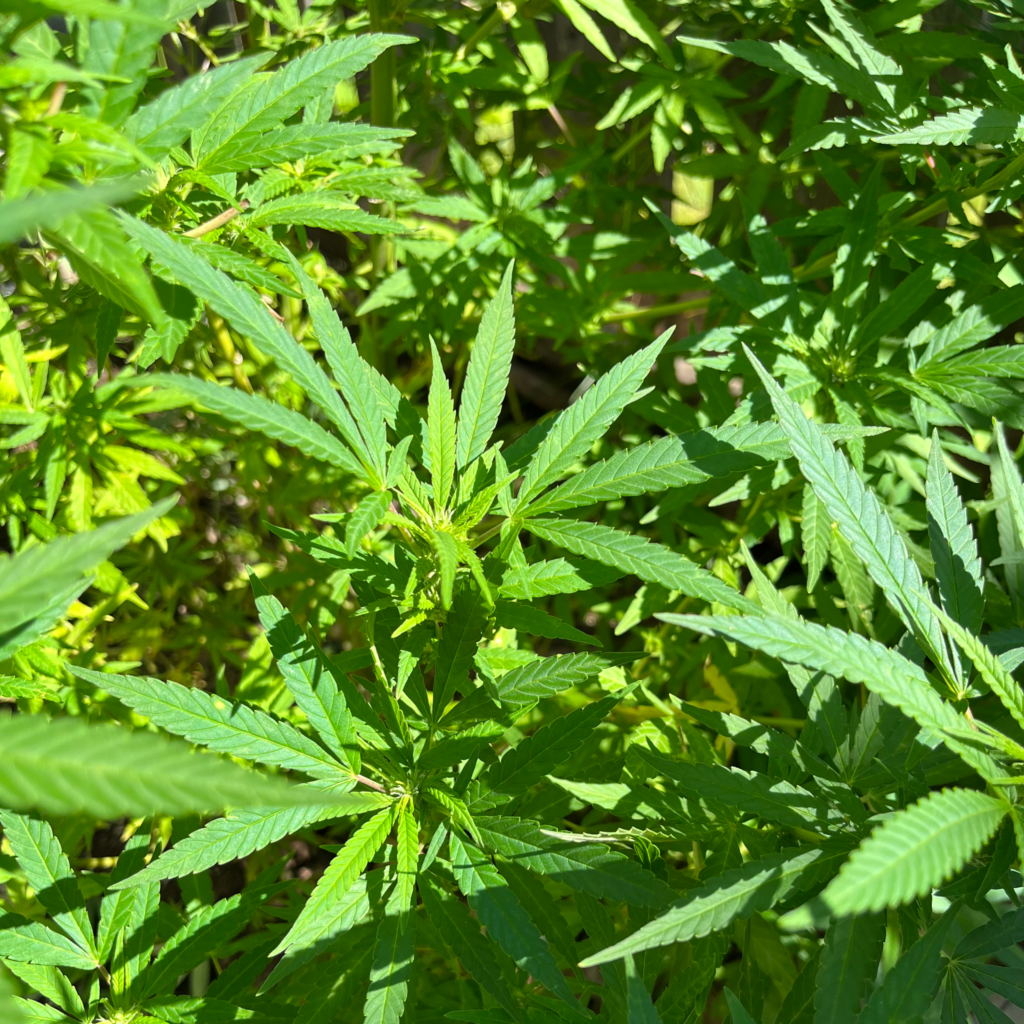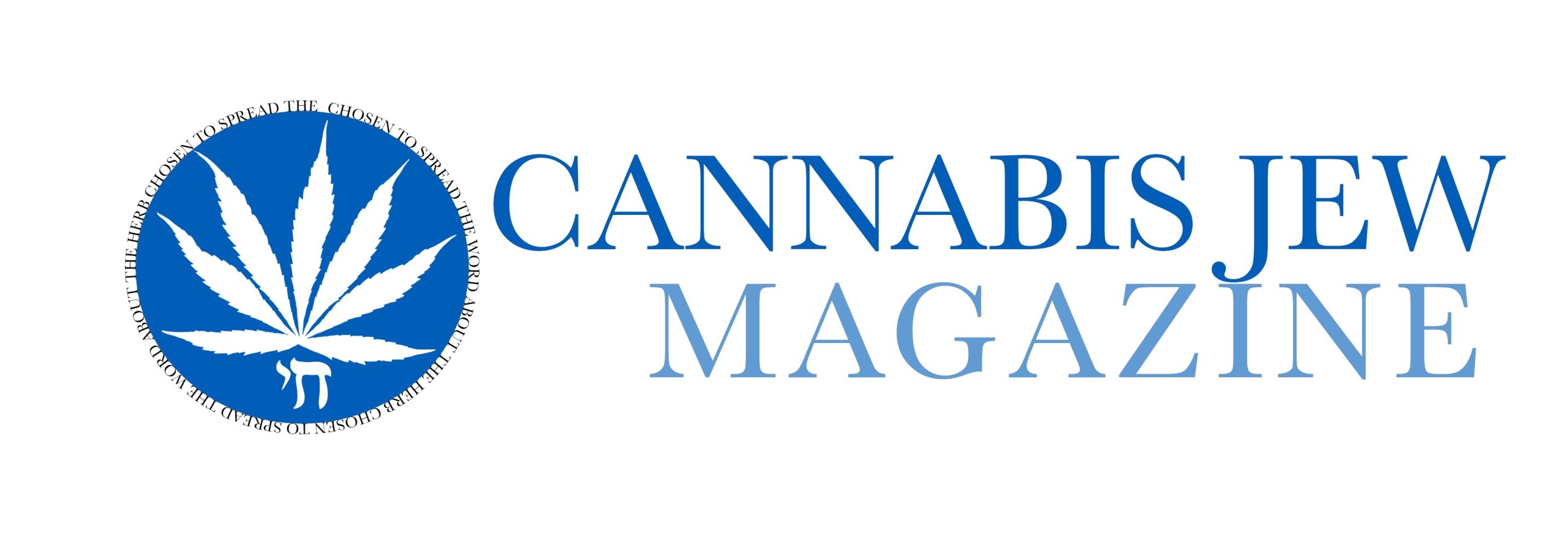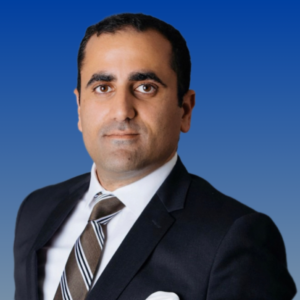This Content Is Only For Subscribers
By: Lior Yafe
In recent years, the cannabis industry has emerged as a focal point of global debate, challenging long-held stigmas and advocating for a more open and prosperous future. Two nations, Mexico and Israel, have taken significant strides in reshaping their cannabis laws, marking them as potential key players in the worldwide cannabis market. This article will explore the evolving cannabis landscapes in Mexico and Israel, and the potential they hold for a more open and prosperous future. 
In March 2021, Mexico made headlines after approving an historic bill to legalize recreational use of marijuana. This marked a momentous shift in the nation’s drug policy, which had long been overshadowed by the War on Drugs, a campaign aimed at safeguarding civilians from cartel violence. Mexico’s decision to legalize cannabis placed it among the world’s largest nations to embrace comprehensive cannabis legislation.
The motivation behind this decision was multifaceted. First and foremost, proponents argued that legalization would help undermine the illegal drug trade, lessening the influence of drug cartels and reducing crime and violence. Moreover, it was seen as a significant step to address issues of social justice and equity, as many individuals had been penalized for minor cannabis-related offenses.
This new legislation allows individuals aged 18 and older to possess and cultivate limited quantities of cannabis for personal use. It also paved the way for a regulated market, with licensed businesses set to supply cannabis products to consumers. This shift is expected to generate significant tax revenue and create job opportunities, as well as to change what the Mexican government believes to be a false conception of cannabis as a severe public health concern in Mexico.
Furthermore, Mexico’s move is expected to have broader implications for cannabis reform across Latin America. As one of the region’s largest and most influential countries, Mexico’s progressive stance could serve as a model for other nations considering cannabis legalization.
Israel’s medical-regulatory approach to cannabis serves as another model for nations, and Israel has been a pioneer in cannabis research and medical use for decades. In the early 1960s, Israeli scientist Raphael Mechoulam first isolated and identified the chemical structure of THC, the psychoactive compound in cannabis. This groundbreaking discovery laid the foundation for much of our modern understanding of the plant’s properties.

Also, in 2007, Israel became one of the first countries to establish a national medical cannabis program, allowing patients to access cannabis for various medical conditions with a doctor’s prescription. Over the years, Israel has built a reputation as a hub for cannabis research and innovation. Israeli researchers have made significant contributions to understanding the potential therapeutic benefits of cannabis, leading to the development of a range of medical cannabis products.
Given its profound expertise in cannabis research and medical applications, it is no surprise that Israel has explored opportunities for broader cannabis legalization. In recent years, the Israeli government has announced the possibility of decriminalizing recreational marijuana use, signaling a shift in the nation’s approach to cannabis consumption.
Israel’s expertise in cannabis research and medical applications positions it as a potential global leader in the cannabis industry. As other countries look to embrace cannabis legalization, they may turn to Israel for guidance on best practices, research, and innovative products.

Despite their different contexts, the development in Mexico and Israel both represent a growing global shift towards a more open approach to cannabis. While each country has its unique motivations and challenges, they share a common goal: to create a regulated, safe, and prosperous cannabis industry. This trend is not limited to these two nations, as other countries are reevaluating their cannabis policies and considering legalization or decriminalization.
As more countries embrace cannabis reform, there is an opportunity for international collaboration and knowledge sharing. Cannabis has the potential to address various societal issues, from criminal justice reform to medical advancements and economic growth. The lessons learned in Mexico and Israel can help guide the rest of the world towards a more open and progressive future.

Lior Yafe, a seasoned public service professional, currently fosters economic cooperation and diplomatic ties as the Head of the Economic and Trade Mission of the State of Israel to Mexico.
He holds dual bachelor’s degrees in Law and Political Science from Tel Aviv University and the University of Florida, and a Magna Cum Laude master’s degree in Political Science and International Relations from The Hebrew University.
Post-graduation, Lior pursued a legal career, serving as an Articled Clerk at the State Attorney’s Office and working as an attorney at the Deputy Attorney General’s Office within the Ministry of Defense and the Prime Minister’s Office, with a specific focus on the Ministry of Strategic Affairs and Public Diplomacy.
After completing the Economic Diplomatic Course, he worked in the Invest in Israel Department and the World Trade Organization Department at the Foreign Trade Administration within the Ministry of Economy.







